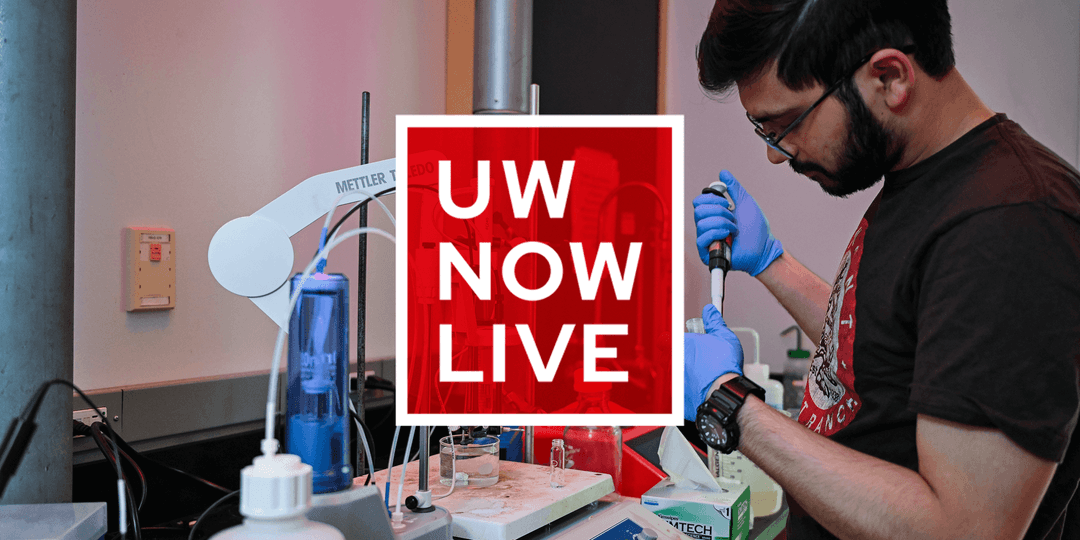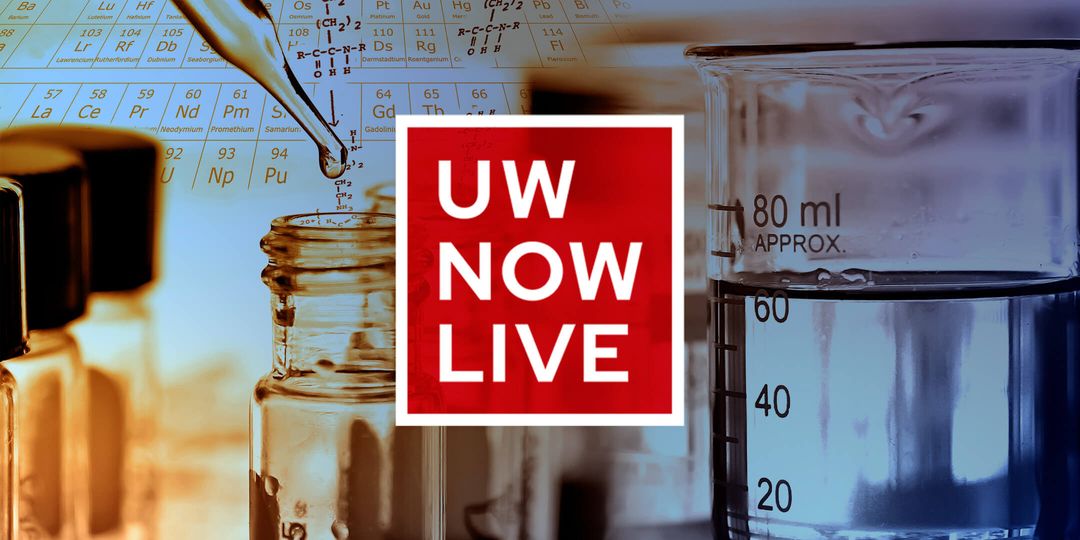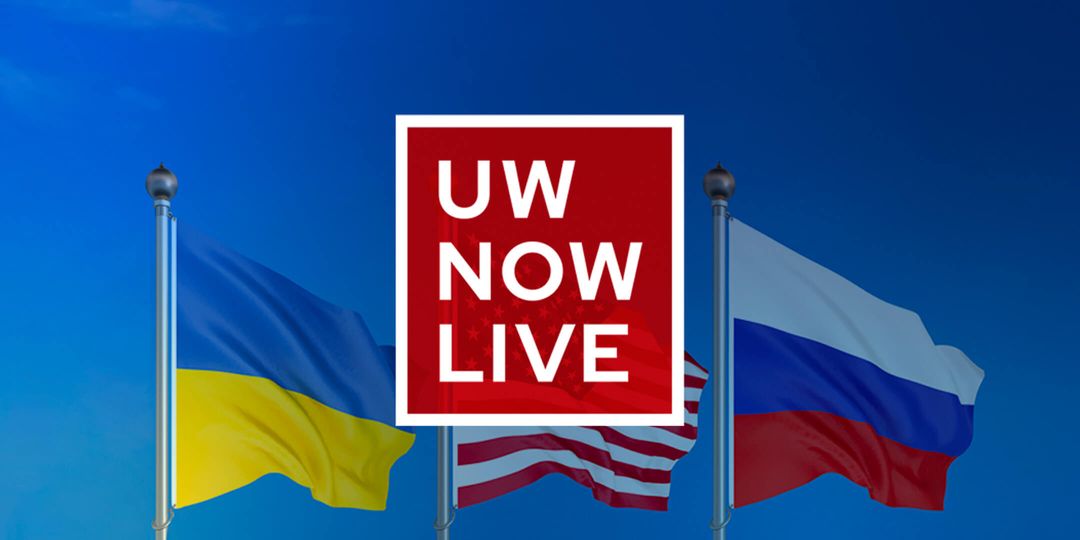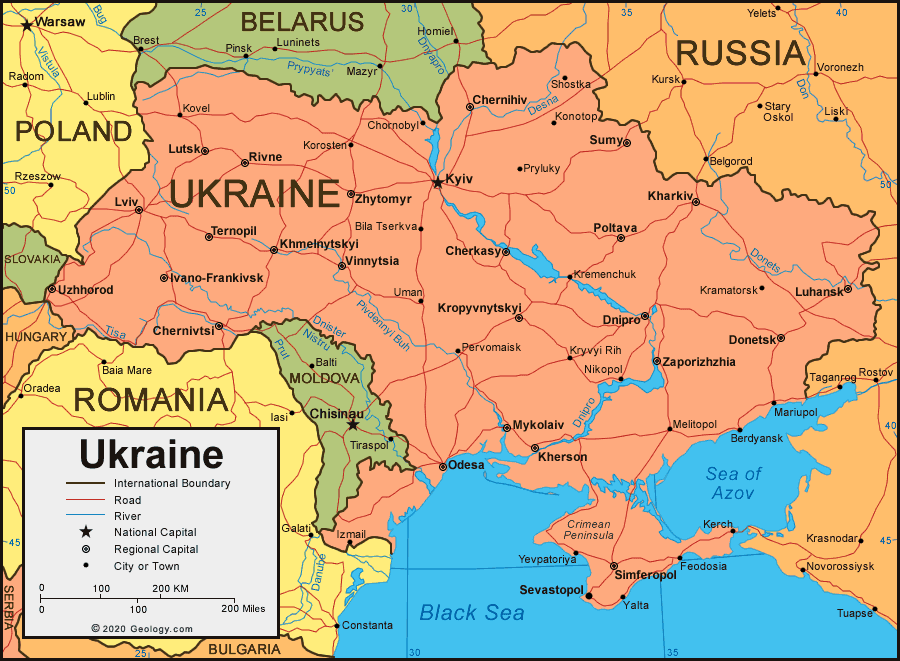Barry Burden is the director of the Elections Research Center at the UW, the Lyons Family Professor in American Politics, and the Lyons Family Chair in Electoral Politics. In addition to teaching in the political science department, he is affiliated with the La Follette School of Public Affairs, the School of Journalism and Mass Communication, and the Center for Demography of Health and Aging. An expert in voter decision-making and federal elections, Burden will join The UW Now Livestream to discuss what voters will be thinking about leading up to the 2024 general election and why the polls can’t give an accurate forecast this far out from the contest.
Burden isn’t sure of next year’s electoral results, but he can confidently predict the candidates. “Barring a health calamity, there’s almost no chance that anyone but Trump will be the GOP nominee,” he says. “It’s unprecedented for a candidate to dominate an open nomination process the way Trump is doing.” With that in mind, Burden will also explain how factors like the economy, incumbency advantages, and age might affect a Biden v. Trump rematch.
Chief Area of Research:
I’m a student of American politics and I mostly study American elections: how voters make decisions, how campaigns operate, and how election laws affect voter behavior.
On The UW Now, I’ll Discuss:
We’re going to be making predictions about what will happen in 2024, and the presidential election is the big prediction everyone would like to know the answer to. I’m going to point out the real difficulty in doing that a year ahead of time. Although there’s a lot of interest in the polls, they’re, at this point, not predictive at all of what will happen in November of 2024. That’s been the historical pattern. Economic indicators often are very predictive of how elections will go, but they’re quite mixed and point to a pretty competitive election between Biden and Trump.
It’s also an unusual set of candidates — you have an incumbent president against a former incumbent president who’s come back to run again. They’re both very well known to the electorate, so there’s not likely to be a lot of movement within the electorate in people’s preferences over time. And the electoral college is such that very small differences in the vote can make big differences in the election outcome, so it wouldn’t take much of a shift — almost an imperceptible shift — in votes in a few states for Trump to end up on top this time rather than Biden.
Both at the presidential level and at the congressional elections, we’re in an era of very competitive, close contests where lots of small things can matter. That makes it difficult to forecast anything with real certainty.
Trump is likely to be involved in three or four criminal trials between now and the general election. Both candidates are older. One will be in his 80s, the other near 80. So, there’s a real possibility that one of them could have a health incident or some other malady between now and election day. Those are the wild cards that get thrown in, in addition to the normal factors that often drive elections.
One Thing I’d Like Viewers to Remember Is:
Patience is really helpful. American elections are exceptional compared to those in other countries around the world. They’re so long. We’re still a year away from the general election, and it feels as though this campaign has been going on for a while. Because these are the same two candidates who will be facing off who ran in 2020, it feels like an endless campaign. All of us will get our turn to cast ballots next year, but at the moment, it’s sort of entertainment to watch what’s happening.
To Get Smart Fast, Check Out:
Some of the polling aggregators like FiveThirtyEight can be helpful if people are just curious what the public’s thinking. Those sites tend to focus on the horse-race polls in the primaries or the general election, or things like presidential approval ratings. But if you’re a little bit persistent and click through those things, you can find lots of other information about what the public thinks about the president’s handling of a wide range of issues, how they feel about different aspects of the economy, what they think about Trump’s legal troubles. I think those are better guides to the substantive concerns that voters have heading into the election year.





